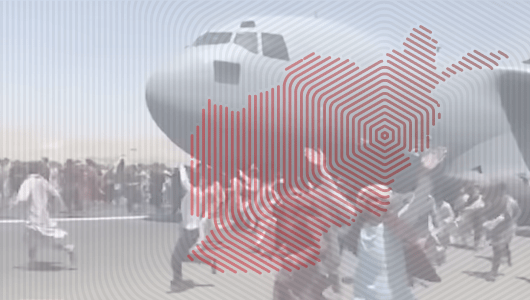
The Fall of Afghanistan: What Next?
The geopolitical and humanitarian implications of the Taliban takeover
It took just 10 days after the withdrawal of US troops for the Taliban to take over Afghanistan, culminating in their lightning entry into Kabul and a humiliating indictment of the US campaign of the last 20 years.
While the Taliban themselves admitted surprise at the speed of their victory, they now have to rule as they prepare to proclaim a new Islamic Emirate of Afghanistan. Responding to allegations of a catastrophic failure of US intelligence, Antony Blinken, secretary of state, conceded only that US analysis of Afghan military weaknesses was misjudged.
As the 20th anniversary of the Afghan-hatched 9/11 attacks on the US approaches next month, the chaotic evacuation of the US embassy evoked comparisons with the fall of Saigon, although President Biden has stood by his domestically-led decision to withdraw, saying it has been vindicated by the speed of the Afghan government’s collapse.
The image of desperate Afghans clinging to aircrafts taking off from Kabul airport have prompted calls for a global response to an expected exodus of refugees with the potential to turn into a humanitarian disaster.
This event discussed what’s next for Afghanistan following the return of the Taliban. Our experts examined what is in store for Afghans, in particular women and girls; how the Islamist group will rule; and what the geopolitical implications are for key powers and neighbours in both the west and east.
Expert speakers and leading FT journalists
TALKING POINTS
-How did the Taliban succeed in taking Afghanistan so quickly?
-How will they rule and how much of the country will they control?
-Geopolitical implications: What will western allies do? How will China, Iran, Russia, Pakistan and India pursue their interests?
-Will Afghan territory once again become a haven for the sort of terror attacks that prompted the US invasion 20 years ago?
-Afghan exodus: What will the global response be and do countries involved in the conflict have a moral duty to accept refugees?
-Will women and girls lose all the rights they regained in the past 20 years?

© Financial Times Live
FT Live and its journalism are subject to a self-regulation regime under the FT Editorial Code of Practice